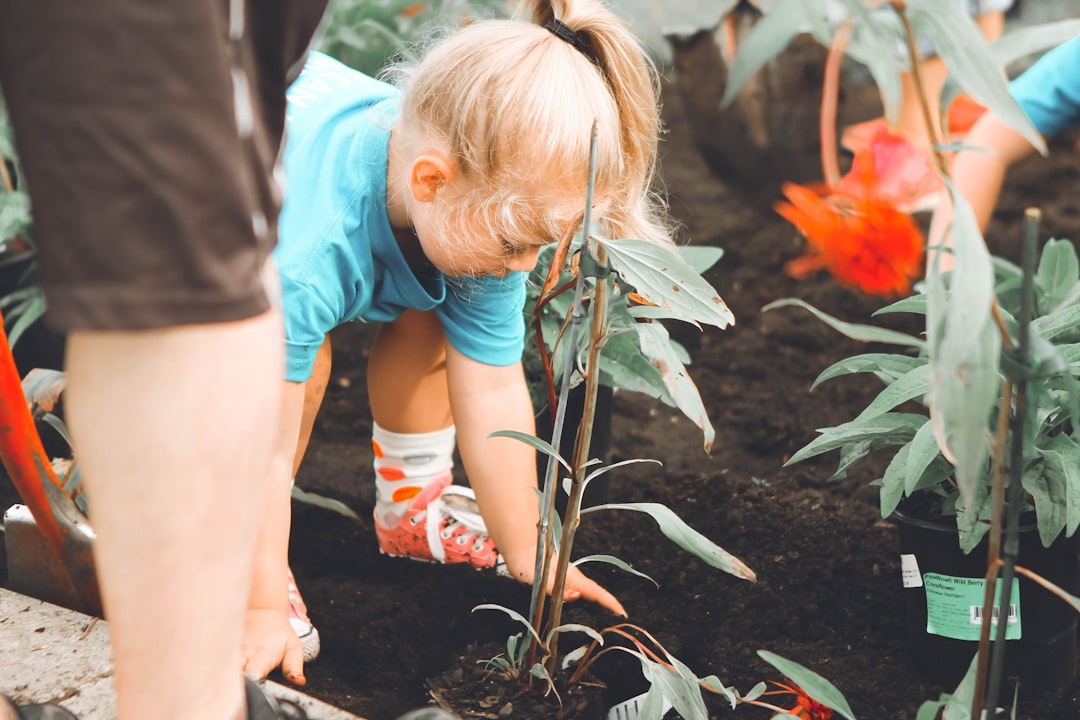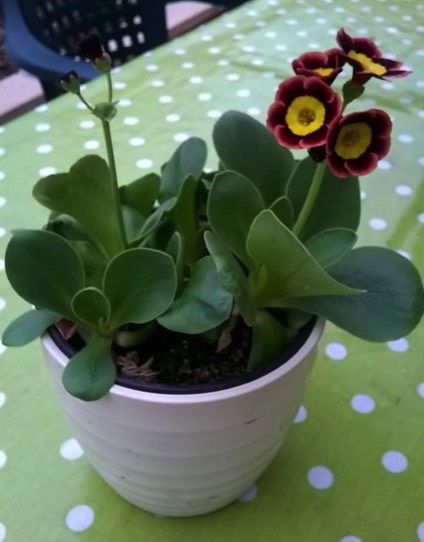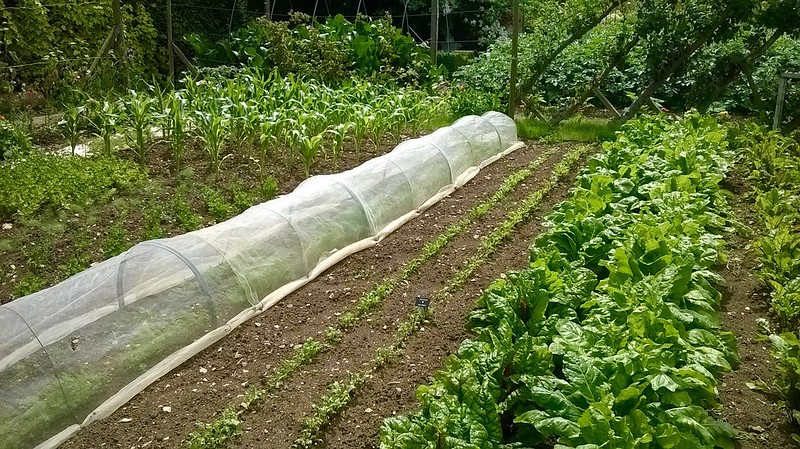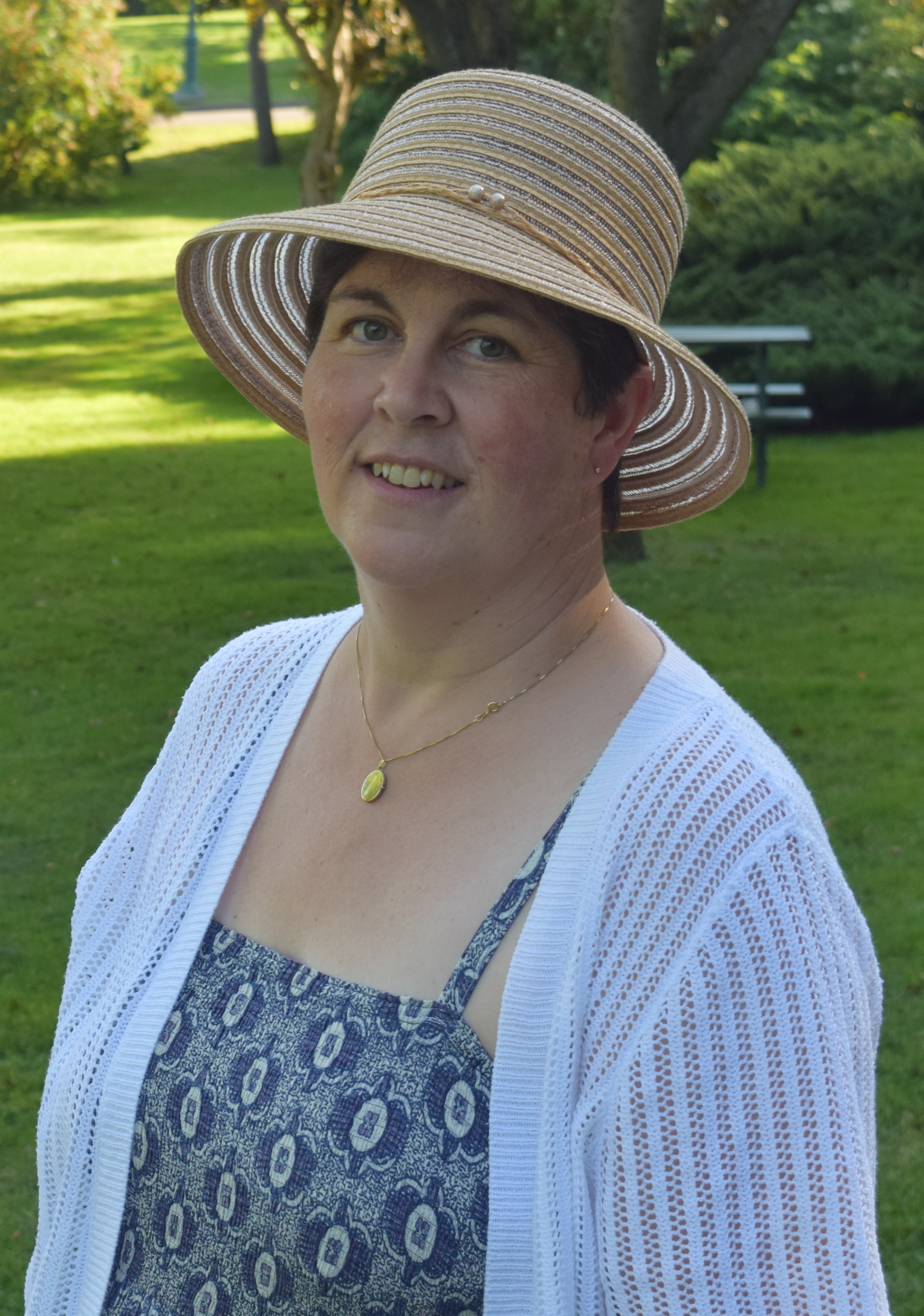Overcoming the Barriers: I Can’t be a Gardener Because…
I can’t be a gardener because:
None of these common reasons given for being 'unable to grow' need to prevent you from finding joy and healing in nurturing plants.
Over the next few months I will be developing pages with more detail than the activities and blog posts, to give you some tips and ideas on how to address some of the commonest barriers to growing. Please see the links to the right.
- I’m too tired/stiff to do all that weeding, digging and watering,
- It’s too expensive,
- I don’t have enough space,
- I don't know enough about plants,
- I don’t have green fingers; I just kill everything.
None of these common reasons given for being 'unable to grow' need to prevent you from finding joy and healing in nurturing plants.
Over the next few months I will be developing pages with more detail than the activities and blog posts, to give you some tips and ideas on how to address some of the commonest barriers to growing. Please see the links to the right.
What Does it Take to Be a Gardener?

I have spent the past few years trying to convince people that anyone can be a gardener. I have not been telling ‘the sick’ to pick up their bed and walk, or those with chronic backache to take a paracetamol and get on with it. I have been challenging deeply held assumptions about what gardening is and what it takes to be a gardener. I have been helping people to identify the things that hold them back from finding joy in nurturing growing things, and to have fun in the process of problem solving. In encouraging people to grow plants, I have found myself growing people.
The roots of people’s reluctance to try growing often lie in deeply held assumptions about gardens and gardeners. These are shaped by the way it has been presented to us throughout our lives, by our family, friends and neighbours, in the media, in advertisements for expensive tools, in garden centres full of impressive and tender plants that require lots of space, equipment and tlc.
The UK has a long and wonderful history of gardening, from the glories of Kew Gardens or Chatsworth, to the windowsill gardens of the newly industrialised and urbanised working class of the 19th century. In her wonderful book The Gardens of the British Working Class, Margaret Willes describes handloom weavers’ passion for potted flowers, which they grew on windowsills, and even on their loom frames, to remind them of the countryside they had left behind. They were no less gardeners in their love of growing cheap plants in small spaces than Joseph Paxton, with his giant glasshouses.
The roots of people’s reluctance to try growing often lie in deeply held assumptions about gardens and gardeners. These are shaped by the way it has been presented to us throughout our lives, by our family, friends and neighbours, in the media, in advertisements for expensive tools, in garden centres full of impressive and tender plants that require lots of space, equipment and tlc.
The UK has a long and wonderful history of gardening, from the glories of Kew Gardens or Chatsworth, to the windowsill gardens of the newly industrialised and urbanised working class of the 19th century. In her wonderful book The Gardens of the British Working Class, Margaret Willes describes handloom weavers’ passion for potted flowers, which they grew on windowsills, and even on their loom frames, to remind them of the countryside they had left behind. They were no less gardeners in their love of growing cheap plants in small spaces than Joseph Paxton, with his giant glasshouses.


More recently, our culture has been infused with Dig for Victory images of men in flat caps, double digging every autumn and presiding over regimental rows of perfect leeks and cabbages.

Gardening is all and none of these. It is what you choose it to be and what makes you happy.
If you have limitless space and money to employ gardeners, you can create a Chatsworth. If you have a patio, a fixed income and an energy limiting illness, aiming for Chatsworth or Uncle Fred’s allotment will make you miserable.
Begin with where you are and what you have.
Watching a green shoot emerge from a seed you have planted is the heart of all gardening. A single plant in a pot may be all you can manage, but the seed you plant can embody your own growth, from a tiny curled up shoot, reaching for the sunlight, growing day-by-day until it is ready for a larger pot, until finally it can be transplanted into the garden and spread its branches to the sky.
Your garden is yours and should reflect your own physical capabilities and resources, as well as your tastes and interests.
Invest time in exploring the possibilities for overcoming your challenges, as well as in dreaming. Dream of your successes in small steps as well as of the big things you hope to achieve once you are well.
Think Ahead
For any gardener it is important to spend time thinking and planning before you launch into activity. For those of us with energy limiting illnesses, thinking and planning is even more important. We tend to see life as all or nothing; illness has often followed our pushing through and ignoring the pain and exhaustion until we collapse. Too many of us then accept the passive patient role and give up in despair with, ‘I’m too tired to even think about trying’. Aim for something in between. Plan for where you are and be prepared to pause, think and change your plans if you've been too ambitious.
Planning to grow may be as quick and simple as gathering the equipment for a jar of beansprouts and deciding where to place them. It might require much more thinking if you want to turn that overgrown patch by the kitchen door into an herb garden:
Planning to grow may be as quick and simple as gathering the equipment for a jar of beansprouts and deciding where to place them. It might require much more thinking if you want to turn that overgrown patch by the kitchen door into an herb garden:
How can you clear the weeds without digging?
Who might help?
What tools do you need, and will they make your arms, hands or back hurt?
Would a different type of tool work better?
Can you bend down to reach the ground, or would it be better to grow in a raised container instead?
Where would you get hold of a suitable container?
If you can’t afford to buy a container, where could you find something cheap or free to re-purpose?
How can you avoid carrying heavy bags of compost?
Do you need to lift the whole bag, or could you carry a little at a time?
How will you source the plants if you are too tired to visit the shops?
Can you order plants as plugs online or grow them from seeds?
Do any of your friends or neighbours have plants you could take cuttings from?
Who might help?
What tools do you need, and will they make your arms, hands or back hurt?
Would a different type of tool work better?
Can you bend down to reach the ground, or would it be better to grow in a raised container instead?
Where would you get hold of a suitable container?
If you can’t afford to buy a container, where could you find something cheap or free to re-purpose?
How can you avoid carrying heavy bags of compost?
Do you need to lift the whole bag, or could you carry a little at a time?
How will you source the plants if you are too tired to visit the shops?
Can you order plants as plugs online or grow them from seeds?
Do any of your friends or neighbours have plants you could take cuttings from?
All these questions may be daunting, in which case you can either decide to do something simpler, until you are ready for this project, or you can make answering the questions part of the project itself and have fun finding answers. After all, many of us spend ages sitting with a book full of abstract puzzles. Solving your own challenges can be far more satisfying and deciding to try something a little less challenging after careful consideration is better than giving up before you start.
Follow the links on this page for tips and ideas on how to tackle some of the commonest challenges that face gardeners with energy and mobility limiting conditions.
Have a look at my Activities Pages, which are categorised by the energy levels and time needed. Start small and work your way towards something more challenging as you find your green fingers and as your confidence and energy grow.
My illness has meant that I have had to give up my work and so I am now looking to find a new career through my writing. If you have enjoyed this page and would like to encourage me to produce more, click the coffee cup below to make a small donation; no strings, no fuss, just a little, 'Thanks, keep it up.'
You can also help by sharing this page on your social media.


